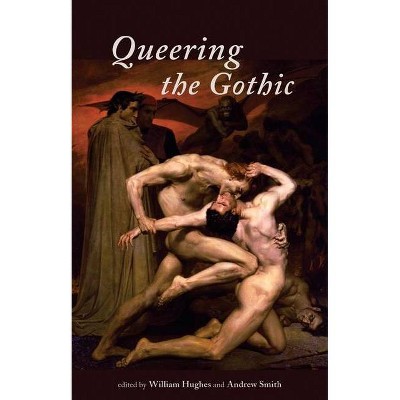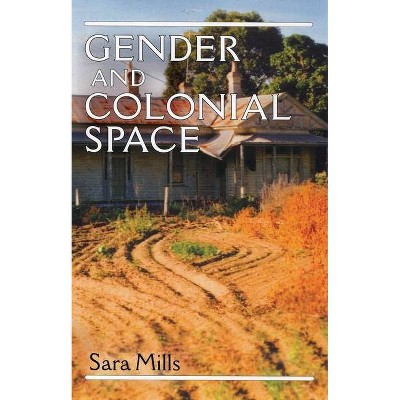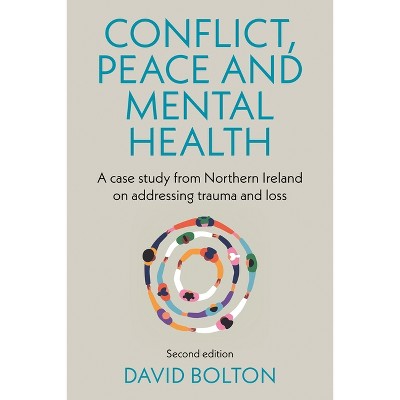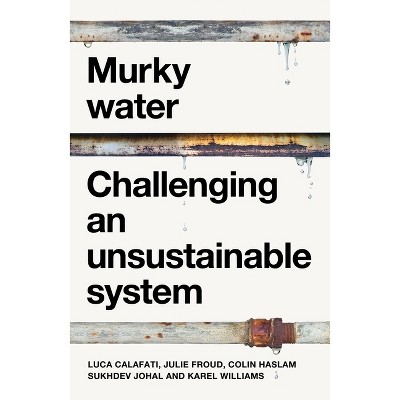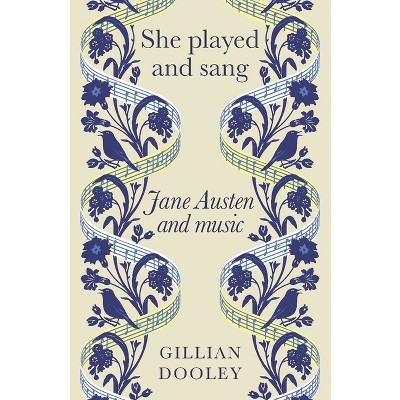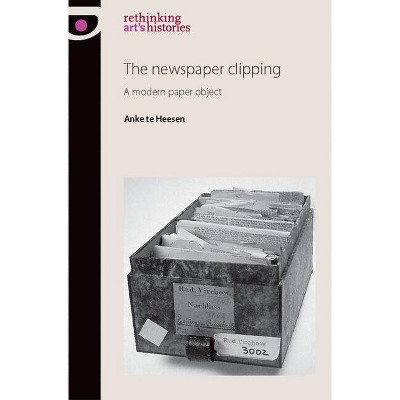About this item
Highlights
- This is the first book-length study of the uncanny, an important topic for contemporary thinking on literature, film, philosophy, psychoanalysis, feminism and queer history.
- About the Author: Nicholas Royle is Professor of English at the University of Sussex
- 352 Pages
- Literary Criticism, LGBT
Description
About the Book
This is the first book-length study of the uncanny, an important topic for contemporary thinking on literature, film, philosophy, psychoanalysis, feminism and queer history.Book Synopsis
This is the first book-length study of the uncanny, an important topic for contemporary thinking on literature, film, philosophy, psychoanalysis, feminism and queer history. Much of this importance can be traced back to Freud's extraordinary essay of 1919, 'The Uncanny' (Das Unheimliche).
As a ghostly feeling and concept, however, the uncanny has a complex history going back to at least the Enlightenment. Royle offers a detailed account of the emergence of the uncanny, together with a series of close readings of different aspects of the topic. Following a major introductory historical and critical overview, there are chapters on literature, teaching, psychoanalysis, deconstruction, film, the death drive, déjà vu, silence, solitude and darkness, the fear of being buried alive, the double, ghosts, cannibalism, telepathy, madness and religion.From the Back Cover
This is the first book-length study of the uncanny, an important topic for contemporary thinking on literature, film, philosophy, psychoanalysis, feminism and queer history. Much of this importance can be traced back to Freud's extraordinary essay of 1919, 'The Uncanny' (Das Unheimliche). Above all, Freud was perhaps the first to foreground the distinctive nature of the uncanny as a feeling of something not simply weird or mysterious, but strangely familiar.
As a ghostly feeling and concept, however, the uncanny has a complex history going back to at least the Enlightenment. Royle offers a detailed account of the emergence of the uncanny, together with a series of close readings of different aspects of the topic. Following a major introductory historical and critical overview, there are chapters on literature, teaching, psychoanalysis, deconstruction, film, the death drive, déjà vu, silence, solitude and darkness, the fear of being buried alive, the double, ghosts, cannibalism, telepathy, madness and religion.Review Quotes
'Without doubt the outstanding book in critical and cultural theory published in 2003' -- Martin McQuillan, Edtiro of The Year's Work in Critical and Cultural Theory, for the English Association
'This is a brilliant book, Royle's writing is astonishingly adventurous. The book is indispensible to any study of the uncanny and thus to any study of literature. A critical tour de force.' -- Textual Practice
'A playful, scholarly study. Densely and allusively argued, yet also full of pregnant one-liners. A fascinating and ambitious work.' -- The Guardian
'At last, a philosophical work that discusses ghosts and madness seriously. Royle, in a style that is warmly engaging right from the preface, speaks directly to the reader. For an academic book this is a hell of a page-turner. A compulsive book.' -- Pireandello.org.uk
About the Author
Nicholas Royle is Professor of English at the University of Sussex
Shipping details
Return details
Trending Poetry







